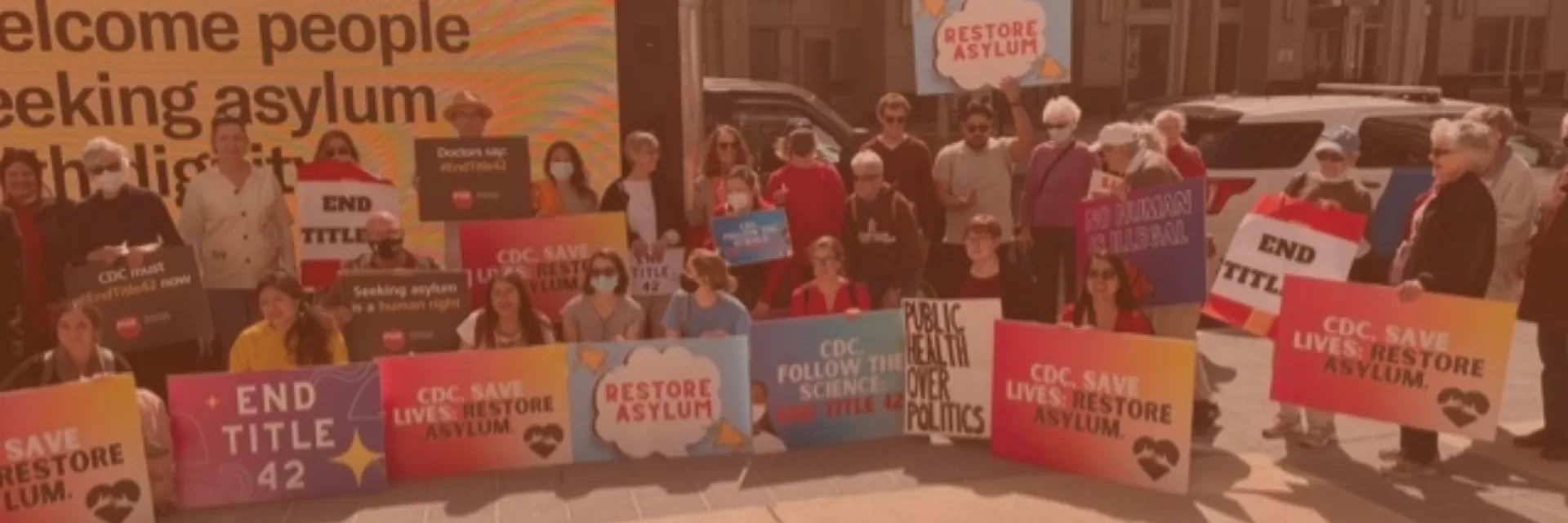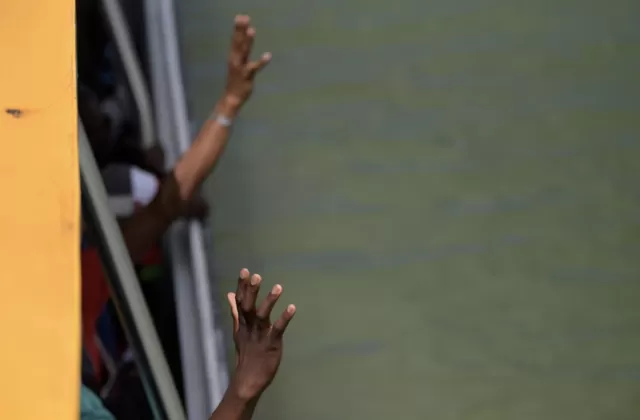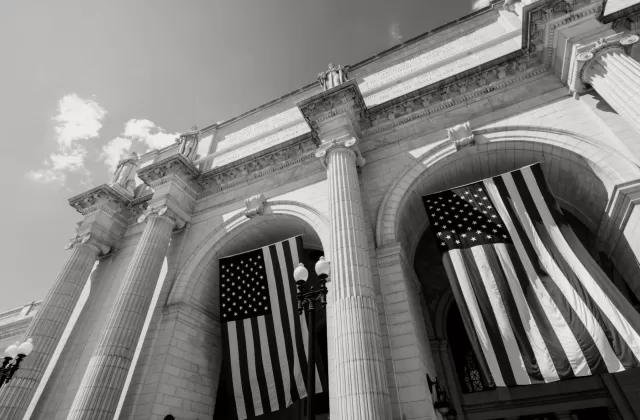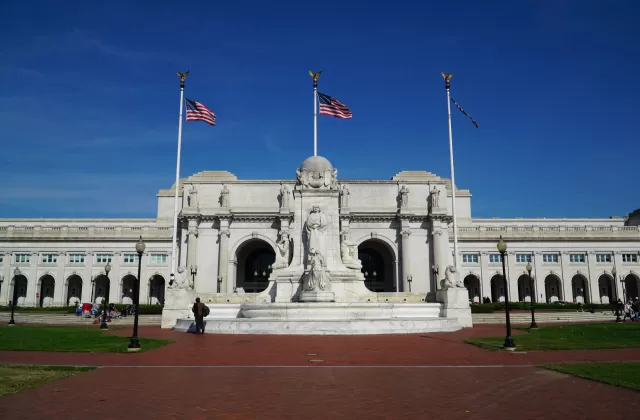Solidarity Center report on wages in Haiti
The AFL-CIO’s Solidarity Center just released their latest living wage study for Haiti, The High Cost of Low Wages, with a particular emphasis on wages and conditions for garment workers. The garment sector employs close to 58,000 workers, 63% of whom are women.






